
Oct 18, 2023 · It’s important to use manure and compost in moderation and follow recommended application rates. Finally, herbicide residue can also be a concern when using manure or compost. If the animals that produced the manure were fed hay or grass that was treated with herbicides, those chemicals can remain in the manure and potentially harm your plants.
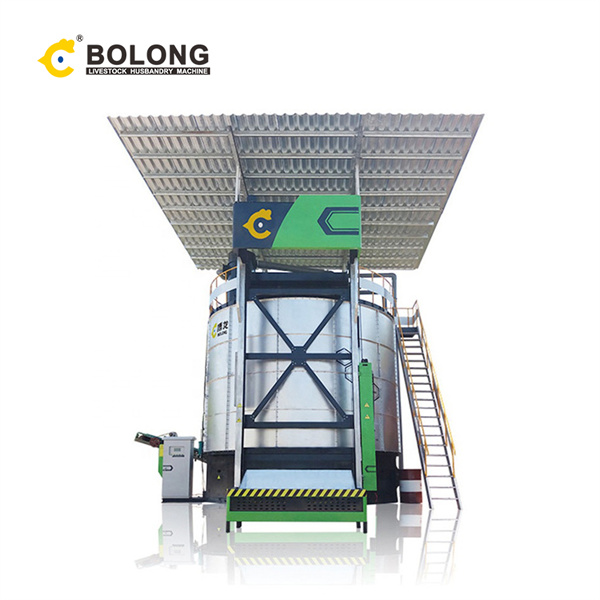
Nov 23, 2022 · In intensive fruit growing systems, the recovery and maintenance of soil fertility play a crucial role in both environmental protection and sustainable support to plant productivity. The circular economy approach adopted at the EU level strongly promotes the use of organic products instead of mineral fertilizers. This work focuses on two different soil improvers, compost from the organic
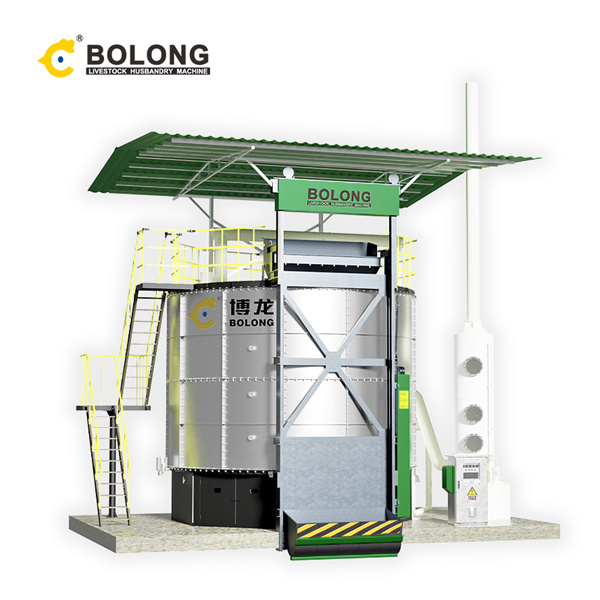
When you are looking for organic forms of nutrients for crop production, manure and manure composts are two of the logical choices. Composting is more than just piling the material and letting it sit. Composting is the active management of manure and bedding to aid the decomposition of organic materials by microorganisms under controlled
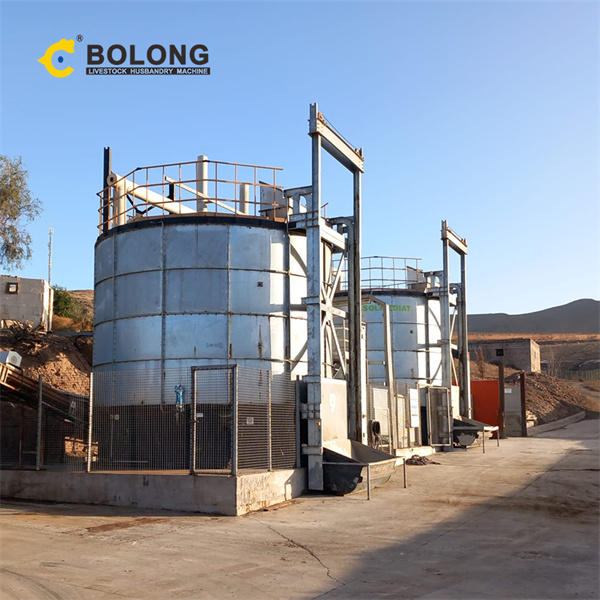
Jun 6, 2024 · Fresh rabbit droppings, AKA bunny honey, are 33% organic matter, offer 2.4% nitrogen, 1.4%phosphorus, .6% potassium, and only 43% moisture. As little as 10 pounds would add .2 pounds of nitrogen to the garden. Fresh llama manure, also called llama beans, offers 1.5% nitrogen, .2% phosphorus, and 1.1% potassium.
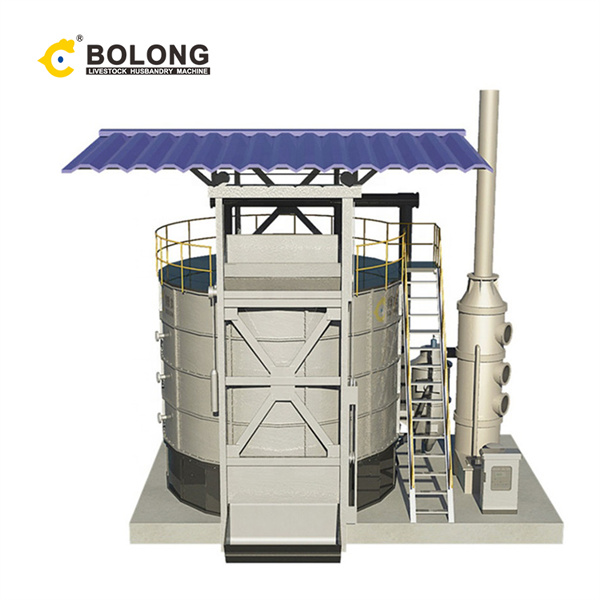
Nov 17, 2021 · 3 to 5% extra total mixed ration (TMR) diet is required as residuals in dairy farms according to industry standards that are common around the world and a large amount of cow manure is produced as daily waste in dairy farms. Aerobic fermentation using waste TMR with cow manure can not only control environmental pollution problems, but also produce high-quality fertilizer in low cost. We
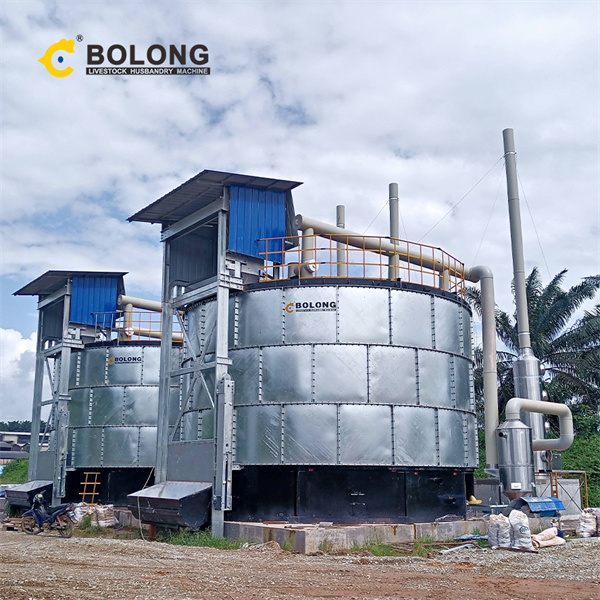
Advanced Compost is an award winning composting process located outside of Kitchener Waterloo in Baden Ontario. It yields a rich product that has twice the nutritive value of ordinary composted cattle manure.
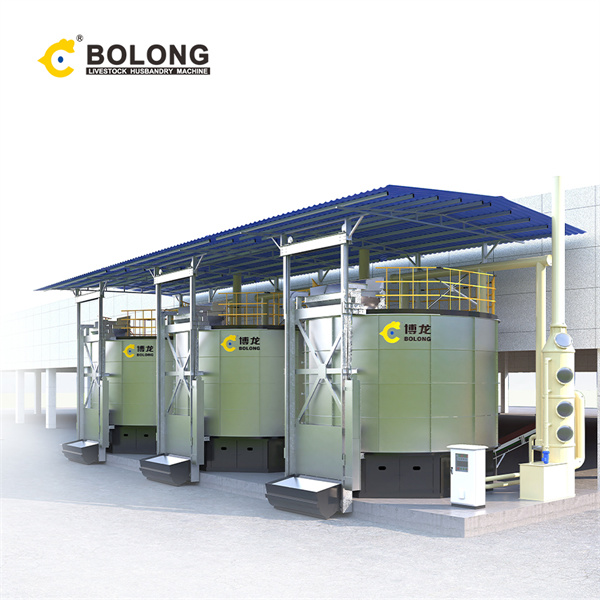
Shop Gardenscape 40Lb Organic Compost and Manure Provides Organic Nutrients in the Soil Amendments department at Lowe's.com. 40 lb cow manure and compost.
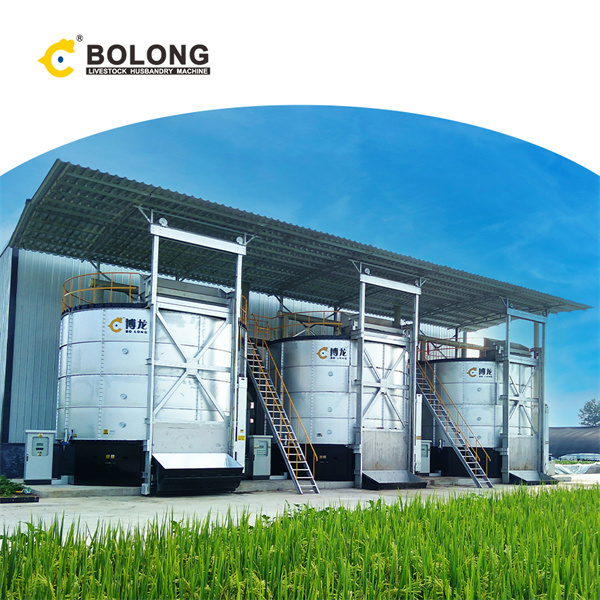
Manure can be composted in piles or in bins. Bins are best for keeping the manure in a neat heap. As with regular composting, a three-bin system can be useful here. One bin can be used for adding fresh manure, a second for the process to finish and a third for use. A larger size will get hotter, though.

Feb 1, 2022 · The Effect of Different C/N Ratios on the Composting of Pig Manure and Edible Fungus Residue with Rice Bran Compost Science & Utilization , 25 ( 2 ) ( 2017 ) , pp. 120 - 129 CrossRef View in Scopus Google Scholar
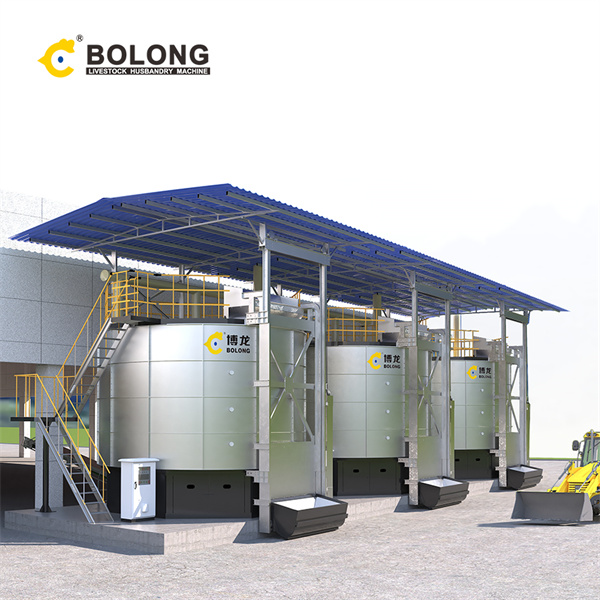
Some sources argue that there is a difference between composted manure and regular compost. However, I’d argue that because manure is also an organic material, if it is composted it is also compost! However, different people do use the terminology in different ways. Historically, manure was often considered a vital ingredient in the compost heap.

Apr 10, 2023 · Manure and compost are both organic products, manure being made up of animal waste, while compost is made up of plant matter and other organic scraps. Some less experienced gardeners consider them interchangeable, however, this is not necessarily so.
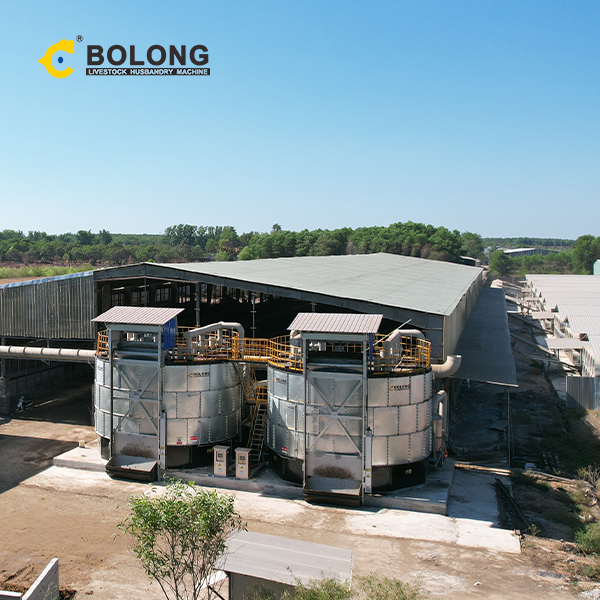
Nutrient-dense and full of organic materials, compost is what turns good gardens into great gardens. There are many ways to produce compost. Even if you only have a small backyard, you can start composting today with a 5-gallon bucket. This all-natural fertilizer is a combination of biodegradable materials that, when broken down, provide the plants See full list on wildyards.com Manure is well, there’s no delicate way to say this. It’s poop. Manure is animal dung, usually from cows, horses, and chickens, although llama, alpaca, goat, and sheep dung can be used, too. Manure is generally collected from herbivorous animals, as their excrement is most beneficial for gardening. It’s worth noting that fresh dung does not make t... See full list on wildyards.com Both manure and compost can be used to create a general-purpose vegetable soil mixturethat all of the plants in your garden will benefit from. But these two fertilizers play different roles in the soil, and one can’t take the place of the other. See full list on wildyards.com Now that you know the difference between manure and compost, let’s talk about how these two substances differ nutritionally speaking. Knowing which minerals these fertilizers contain will help you choose the right one for your garden. However, we recommend having your soil tested before applying any fertilizers to prevent nutritional imbalances. See full list on wildyards.com We know that manure and compost can provide the plants in your garden with valuable nutrition. But what else do these substances have to offer? How do manure and compost alter the soil? See full list on wildyards.com Both manure and compost are valuable sources of nutrients. But these two natural fertilizers also have secondary effects on plant health. Let’s take a look at how manure and compost can improve the performance of your plants over time. See full list on wildyards.com Comparing manure to compost is like comparing apples to oranges. Neither one is the clear winner. They both have their pros and cons, and sometimes one is better suited for a job than the other. See full list on wildyards.com Whether compost is better than manure or vice versa depends on your garden’s unique needs. If you’re looking for a nutrient-dense natural fertilizer to help loosen the soil in your vegetable garden and flower pots, compost is usually the best option. But if you want to fertilize a large area to support native vegetation, manure is often better suit... See full list on wildyards.com
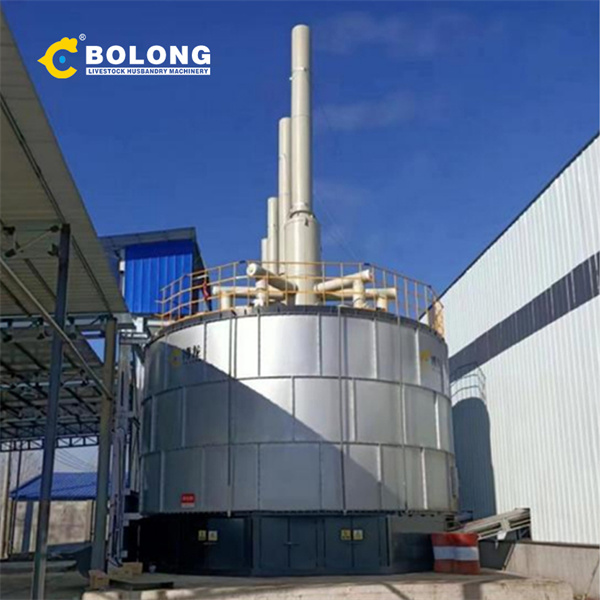
Dec 17, 2021 · Yes. Composted manure works as a slow-release fertilizer, keeping soil moisture consistent and insulating the soil. In the fall or early spring, spread a two- to three-inch layer of composted manure over the surface of the soil. Keep it a good three to four inches away from shrubs or tree trunks.
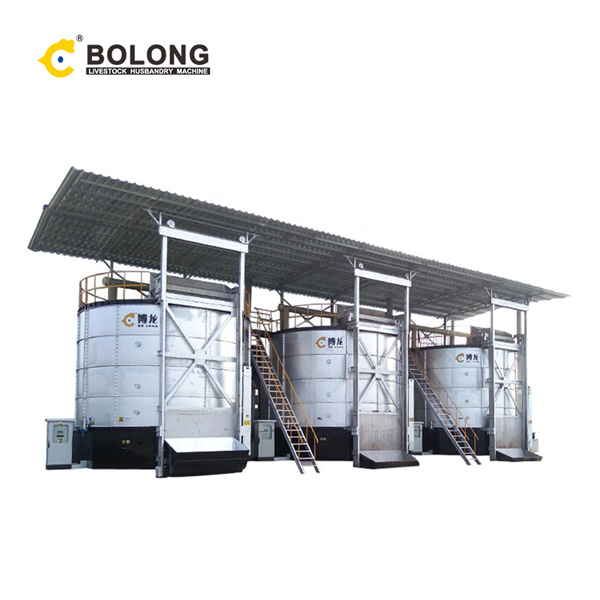
Feb 3, 2022 · Carbon (C) sources in composting are typically bedding, and nitrogen (N) can come from both manure and bedding, depending on the bedding type. The optimal C:N ratio for composting is between 25:1 and 30:1. If the ratio is lower than 20:1, nitrogen will be lost to the atmosphere as ammonia.
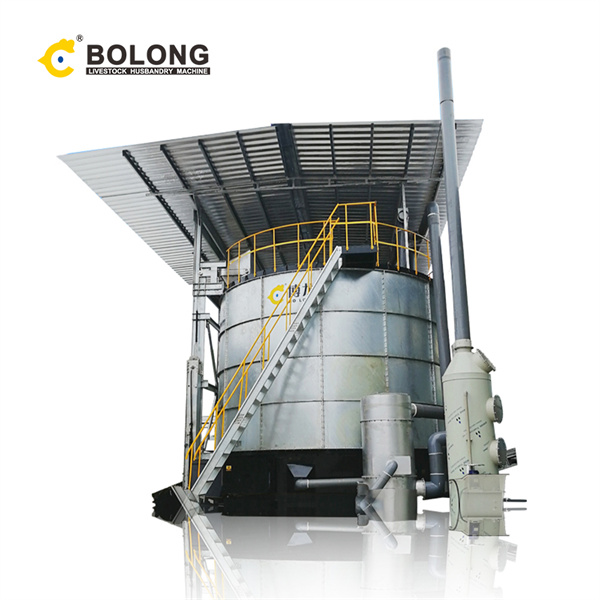
Oct 18, 2023 · At A Glance. Mixing compost with manure can significantly enrich the soil by adding a variety of essential nutrients and organic matter, promoting better soil structure, water retention, and microbial activity. While compost improves soil texture and provides a slow release of nutrients, manure can provide a more immediate nutrient boost